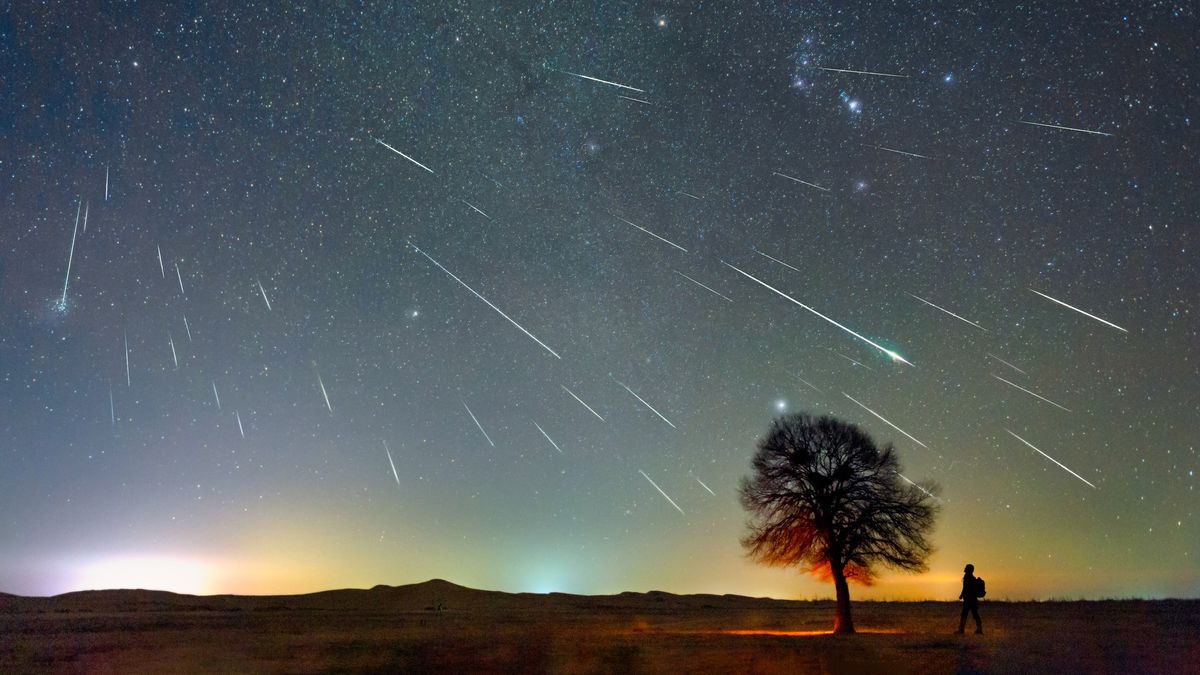The Fermi Paradox in 2050: Are We Really Alone in the Universe? In 1950, physicist Enrico Fermi famously asked a question that still haunts scientists, philosophers, and stargazers alike: “Where is everybody?” With billions of stars in the Milky Way, many older than our Sun, and trillions of planets likely orbiting them, the probability of intelligent life elsewhere seems almost certain. Yet, over seventy years later, we still have no definitive evidence that we are not alone. This conundrum — known as the Fermi Paradox — remains one of the greatest unsolved mysteries in science.
Now, in the year 2050, armed with more powerful tools than ever before, humanity is closer than it has ever been to answering that profound question. And yet, the silence of the cosmos continues. Are we truly alone, or is the universe simply more complex — or stranger — than we imagined?
The Expanding Search for Life
By mid-century, the search for extraterrestrial intelligence (SETI) has undergone a renaissance. Radio telescopes like the Square Kilometre Array (SKA) — now fully operational across South Africa and Australia — scan the skies with unprecedented sensitivity. They monitor millions of stars for narrow-band radio signals, laser pulses, and other potential signs of intelligent civilizations.
Meanwhile, optical and infrared telescopes, including the advanced successors to the James Webb Space Telescope, have enabled the detection and analysis of exoplanet atmospheres. As of 2050, thousands of Earth-like planets have been cataloged in habitable zones — regions where liquid water could exist. Some even show biosignature gases — such as oxygen, methane, or phosphine — that hint at biological processes.
But despite these promising findings, no unambiguous evidence of intelligent life has been found.
Technosignatures and the Silence
The modern search has also shifted toward detecting technosignatures — artificial byproducts of intelligent activity. These include megastructures like Dyson spheres, atmospheric pollutants from industrial processes, or coordinated laser emissions used for communication or propulsion.
One particularly intriguing 2040s-era anomaly came from a G-type star 1,200 light-years away, where brief dips in starlight resembled the theoretical pattern of orbiting artificial structures. The excitement was electric. However, after months of scrutiny, the anomaly was explained as a massive dust ring from a disintegrating planet.
The outcome was familiar: another “almost” — another whisper in the cosmic dark that faded upon closer inspection.
Why the Silence? Theories in 2050
In 2050, the Fermi Paradox remains unsolved, but new theories and refinements of older ones attempt to explain the quiet. The major hypotheses still fall into a few categories:
1. We’re Early
Perhaps humanity is among the first intelligent species to emerge. The universe is nearly 14 billion years old, but technological civilizations may be rare, recent, or fleeting. Earth may simply be ahead of the cosmic curve, and others haven’t had time to evolve or spread yet.
2. They’re Hiding (Or Watching Quietly)
Advanced civilizations might avoid contact deliberately, either to allow us to develop independently (a sort of cosmic zoo hypothesis), or because they see us as primitive or dangerous. Some argue they use communication methods or technologies so advanced that we cannot recognize them.
3. They’re Extinct
Intelligent life may routinely destroy itself. The development of powerful technologies — nuclear war, runaway AI, climate collapse — could be a filter few civilizations survive. In this view, the silence may not be absence, but aftermath.
4. We’re Not Looking Right
Our methods may be fundamentally flawed. We search for radio waves and light pulses, but alien life may use forms of communication or travel that are unknown to us — quantum entanglement, dark matter manipulation, or other dimensions of reality we haven’t yet accessed.
The Psychological and Philosophical Turn
With each passing decade of silence, the Fermi Paradox becomes not just a scientific puzzle, but a deeply philosophical one. What does it mean to be alone? What responsibilities come with being (possibly) the only intelligent life in the known universe?
In 2050, this existential weight has influenced global thought. Space exploration, environmental stewardship, and planetary defense are now seen not only as practical pursuits but also as moral imperatives. If we are rare — or alone — the preservation and expansion of life take on cosmic importance.
At the same time, spiritual and cultural movements have integrated the paradox into their frameworks. Some interpret the silence as confirmation of humanity’s uniqueness. Others see it as a test of humility — a reminder that we may not yet be ready for cosmic contact.
Artificial Intelligence and the Alien Within
An intriguing development in recent years is the idea that the first “alien minds” we encounter may be our own creations. Artificial General Intelligence (AGI), now fully integrated into human society, raises questions similar to those about extraterrestrials: What is consciousness? What defines life? How do we recognize intelligence that is fundamentally different from our own?
If we can create alien intelligence on Earth, perhaps the universe is full of non-biological minds we simply cannot perceive or comprehend.
The Role of Mars, Europa, and Beyond
The ongoing colonization of Mars and exploration of ocean worlds like Europa and Enceladus have also reframed the search. Subsurface oceans with potential microbial life have shifted attention to the possibility that life — if not intelligent — may still be widespread and hard to detect.
The discovery of even primitive alien life within our solar system would revolutionize the paradox. It would mean that life is likely common, and the silence of intelligence is even more profound.
Final Words:
In 2050, the Fermi Paradox is no closer to resolution. But the journey has transformed science, philosophy, and culture in ways Fermi could never have imagined. The silence continues to provoke, challenge, and inspire.
Maybe we’re alone. Maybe the galaxy is teeming with life that waits for us to grow up, to listen better, to ask the right questions. Or maybe we are the first storytellers in the cosmic dark — the ones whose signal will someday light the sky for others to see.
Until then, we listen. And we wonder.




